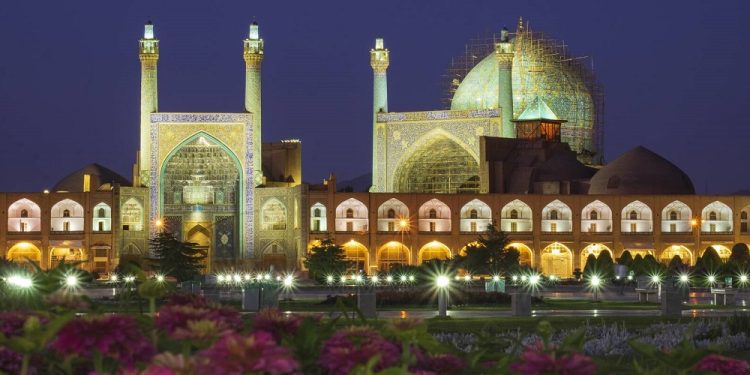
Lailat Al Bara’ah
Lailat Al Bara’ah is a Muslim holiday that’s commonly known as Mid-Sha’ban and is celebrated on the night between Sha’ban 14th and 15th. Sha’ban is the eighth month of the lunar Islamic calendar. This holiday also falls on the same night as Shab-e-Barat. The purpose of Lailat Al Bara’ah or Mid-Sha’ban is for people to arrange their prayers to Allah to ask for forgiveness for their deceased ancestors.
However, this holiday isn’t celebrated by every Muslim in the same way, and some Muslims don’t celebrate it at all. The largest branch of Shia Muslims commemorates the birthday of Muhammad al-Mahdi, while Salafi Muslims don’t feel that this holiday is any more special than any other day when prayers are offered to Allah.
The Origins of Lailat Al Bara’ah
The dispute among Muslims as to whether Sha’ban 15th is a special holiday or not depends on how the Quran is interpreted and how the Hadith is classified. It should be noted that the holiday isn’t directly mentioned in the Quran, but there is a line that some Muslims use to justify the creation of the holiday.
The line in question is in Quran 44:3-4, and it says: “Indeed, We sent it down during a blessed night. Indeed, We were to warn [mankind]. On that night is made distinct every precise matter.”
However, not everyone agrees that the interpretation of the above line creates the holiday Lailat Al Bara’ah. Some Muslim scholars have stated that the line can be attributed to another Islamic holy night instead. According to these Muslims, when these two lines are paired with additional lines found in the Quran, then it creates the holiday Laylat al-Qadr. Twelver Shia Muslims use this date to celebrate the birthday of Muhammad al-Mahdi, the final Shia Imam who was born on Sha’ban 15th.
Customs and Traditions of Lailat Al Bara’ah
This holiday is observed all across the Muslim world, so it’s almost impossible to list all of the countries in which this holiday is celebrated. Traditionally, Lailat Al Bara’ah (the Romanized version of Mid-Sha’ban) is observed in Bangladesh, India, Iran, Turkey, Afghanistan, Uzbekistan, Lebanon, Pakistan, Sri Lanka, and a number of other countries. In the Arab world, it’s observed by Shias and Arabs with a Sufi background, but it’s not observed by Salafi Arabs.
How the holiday is observed is just as diverse as the countries it’s observed in. For example, in Iraq, children walk around their neighborhoods with candles, and in Indonesia, many Muslims perform communal zikr in their mosques. Some Muslims observe this holiday as a day for religious fasting, and by others, it’s observed with communal feasting.
In South Asia, many Muslims use this day to make treats such as Zarda (boiled sweet rice) and Halwa. These treats are then distributed to the poor and to neighbors on this day. Because this holiday falls on the Islamic lunar calendar, the date for this holiday shifts about 11 days earlier each upcoming year. This can cause an overlap on the Gregorian calendar during some years where the holiday is observed at the beginning and the end of the year.








